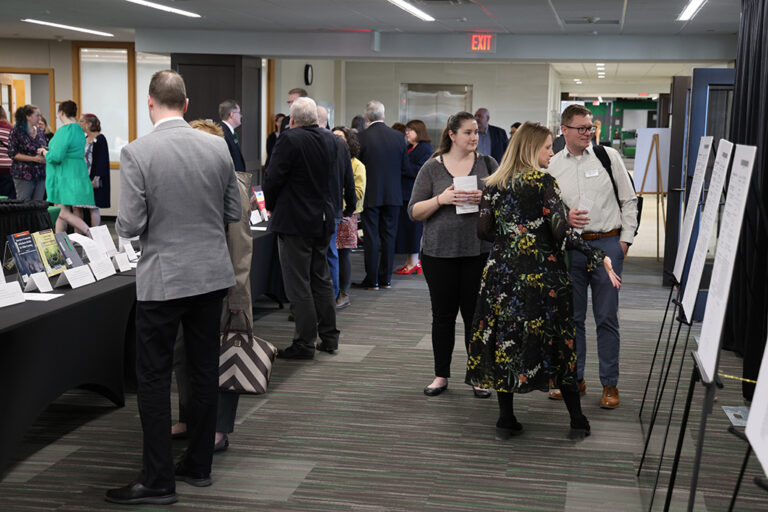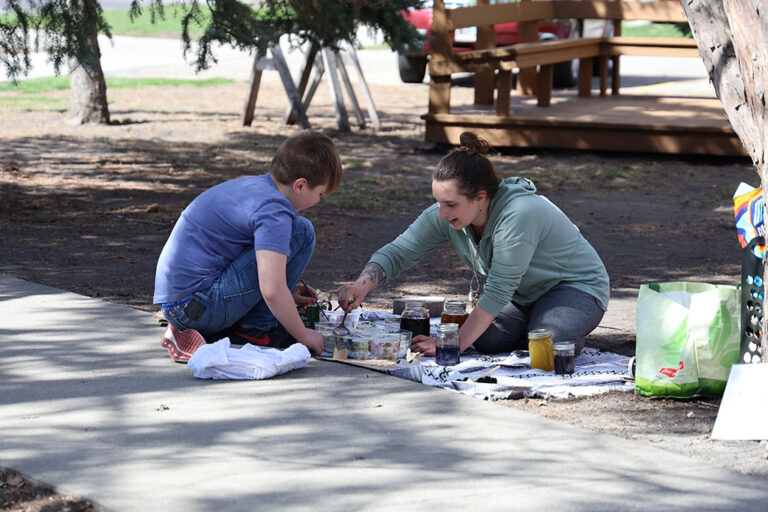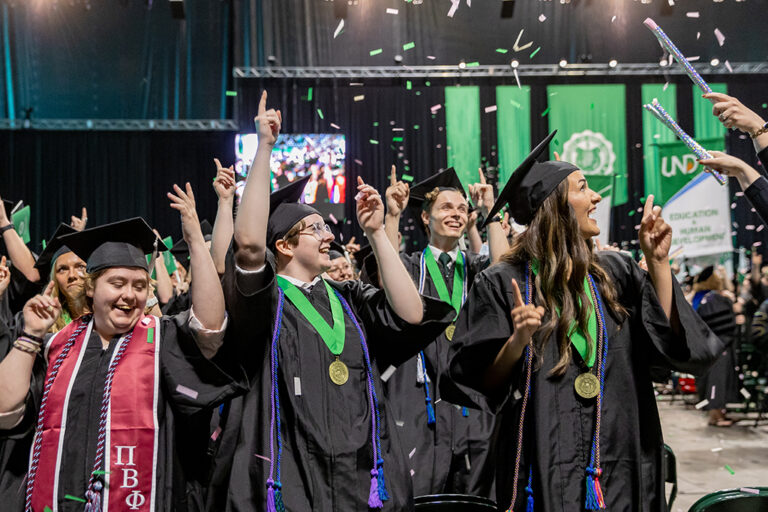Positive results
UND contracts with local service to get ahead of interpersonal differences before they become conflicts

When it comes to workplace satisfaction, it’s all about listening and connecting, said Emily Holth.
An expert in workplace mediation, coaching and training, her goal is to prevent workplace complaints, grievances, and negativity.
Expectations are high for Holth, who has been contracted to provide conflict prevention and management services to the University community.
“If this works as I hope, Emily will work less with individuals and spend more time doing prevention, such as workshops,” said Thomas DiLorenzo, provost and vice president for academic affairs. “We want faculty and staff to be satisfied with the workplace, happy to come to work and feeling better about their colleagues.
“Emily has the right disposition and personality, and I am very comfortable with her skills,” said DiLorenzo.
Holth is the owner and founder of Sustainable Solution Services, a professional conflict resolution firm based in Grand Forks. The firm was chosen by an advisory committee after the ombuds position was vacated.
Before founding Sustainable Solution Services, Holth worked at the UND Conflict Resolution Center, where she provided training and mediated family and organizational conflict. Before she joined the CRC, she worked at a large financial institution, where she provided training, coaching and support to 14 banks throughout North Dakota and western Minnesota.
Holth’s job, said DiLorenzo, is to help people work through issues before they become a conflict, and to help people help themselves resolve conflict.
“She’s a good listener,” DiLorenzo said. “She can help people with conflicts, direct them to resources on campus, and help resolve conflicts.”

Preventing conflict
Holth will also conduct workshops, offer mediation and conflict management training, and speak to groups on campus. The aim is to enhance workplace satisfaction.
“When students, faculty and staff don’t know where else to go, they can come to me,” said Holth. “If they are worried about anything, they can visit me and know everything is confidential. When they need to talk to someone, I can be that person.”
For example, Holth said, if a student is thinking about talking to a professor, or two people are not getting along, she will work with them to talk things through.
“Conflict can be a good thing,” said Holth. “It’s how you handle the conflict that’s key. About 85 to 90 percent of conflict management is self-management. If you can get ahead of conflict, have difficult conversations and be a good listener, we can have very positive results.”
Holth is available on a half-time basis, about 20 hours a week. There is no charge to people who use the service. She is available for appointments on or off campus, and is located in Room 1501 of the old medical school. Phone her at 701-213-8003.


